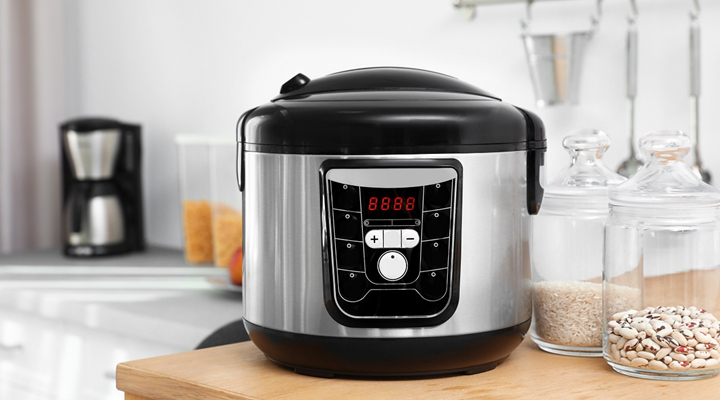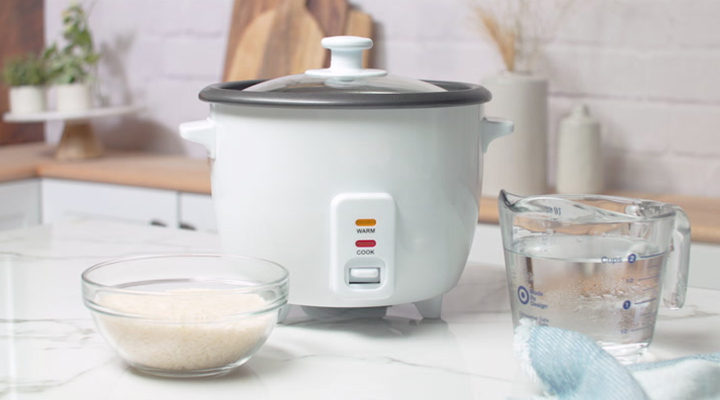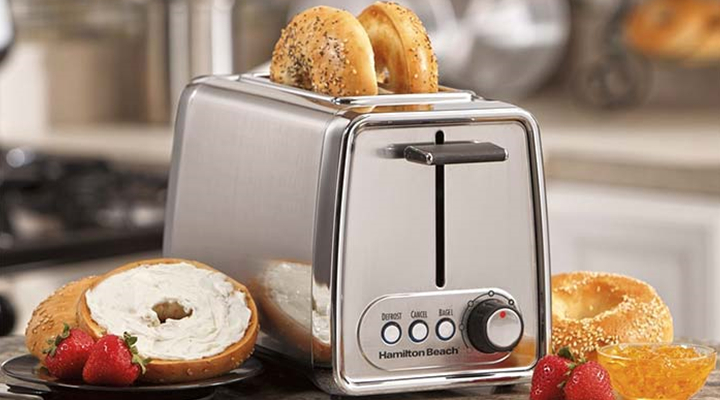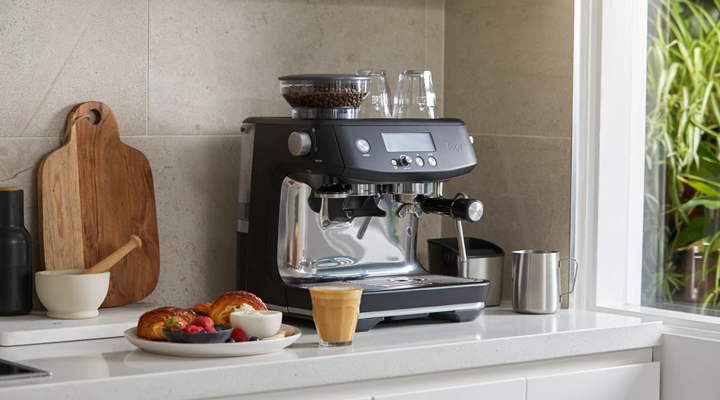Factors To Consider When Buying A Rice Cooker

A rice cooker is an appliance that cooks rice or other grains in a measured amount of water, typically boiling or simmering to produce a varying degree of moisture and texture. Rice cookers are used for making different dishes in many parts of the world, including in Asian countries such as China, Japan, and India. They can also be used to steam foods, such as fish and vegetables. Here are some of the factors to consider when buying your own rice cooker:
Material
Stainless steel is the most common material used for the inner body of rice cookers. There are also models available that are made from non-stick aluminum, glass, and ceramic materials. A few models also have metal or plastic temperature indicators on the lid. Some models are resistant to heat so that the inner body does not damage during the cooking process. Glass and ceramic models, are prone to cracking during temperature changes. All materials have their own benefits and drawbacks, so it is ultimately up to the buyer to decide which material he or she prefers.

Capacity
The size of rice cookers can vary from small (1 cup) to large (10 cups), although most are medium-sized (6 cups). A larger capacity cooker is more energy efficient because it needs less frequent refills of water; however, a small rice cooker is more portable and easier to store. If your family eats a lot of rice, you might consider investing in a larger size. However, when cooking for just one or two people, it may be more efficient to use a smaller rice cooker and save energy by not wasting water and electricity in cooking more than what is required.
Power source
There are two basic types of power sources used in rice cookers. One type is the standard electric rice cooker that has to be plugged into an outlet to work; these are also known as “plug-in” rice cookers. The other type is the battery-operated rice cooker that uses a small cup-shaped container filled with rice and water to retain heat. An electric rice cooker is more energy-efficient because it has no moving parts inside that break down, but a battery rice cooker uses batteries and cannot be plugged into an outlet so its performance may be affected. For example, containers used in a battery rice cooker are larger than those used in an electric version and they may not contain enough water to cook the entire batch of rice.



